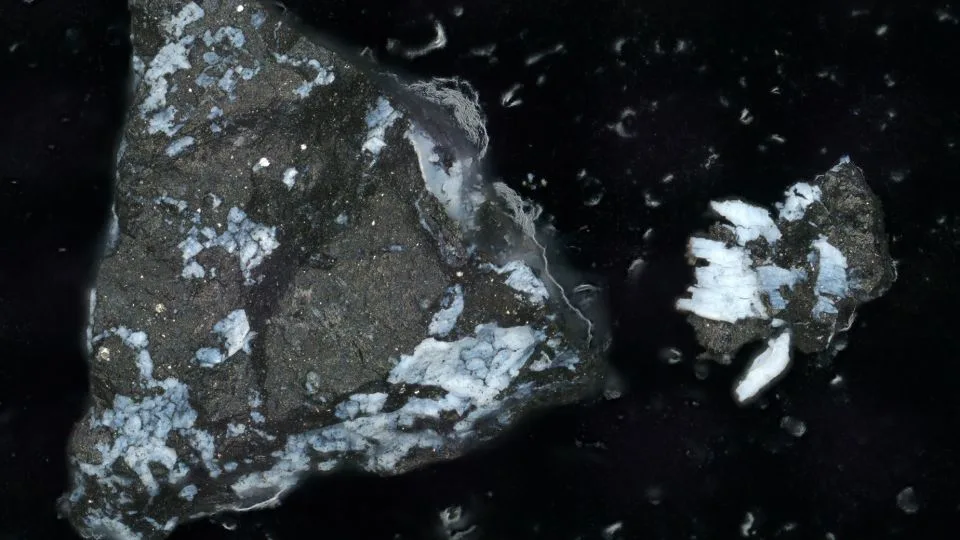Scientists have been analyzing samples collected from asteroid Bennu by NASA’s OSIRIS-REx mission in 2020.
Initial analysis found the samples to be rich in organic compounds like carbon and nitrogen, which are important for life.
Unexpectedly, the samples also contained magnesium-sodium phosphate, a compound that can dissolve in water and is relevant to biochemistry.
The phosphate findings suggest Bennu may have originated from an ancient ocean world, possibly a tiny primitive planet that no longer exists.
Bennu’s composition, with clay minerals also found in ocean environments on Earth, supports the idea it was once part of a wetter world.
Asteroids may have played a key role in delivering ingredients for life to early Earth by crashing into the planet billions of years ago.
The returned samples provide insight into the early solar system and how Earth-like planets evolved over time. Scientists are analyzing the pristine materials to better understand these early processes.
Source: CNN









